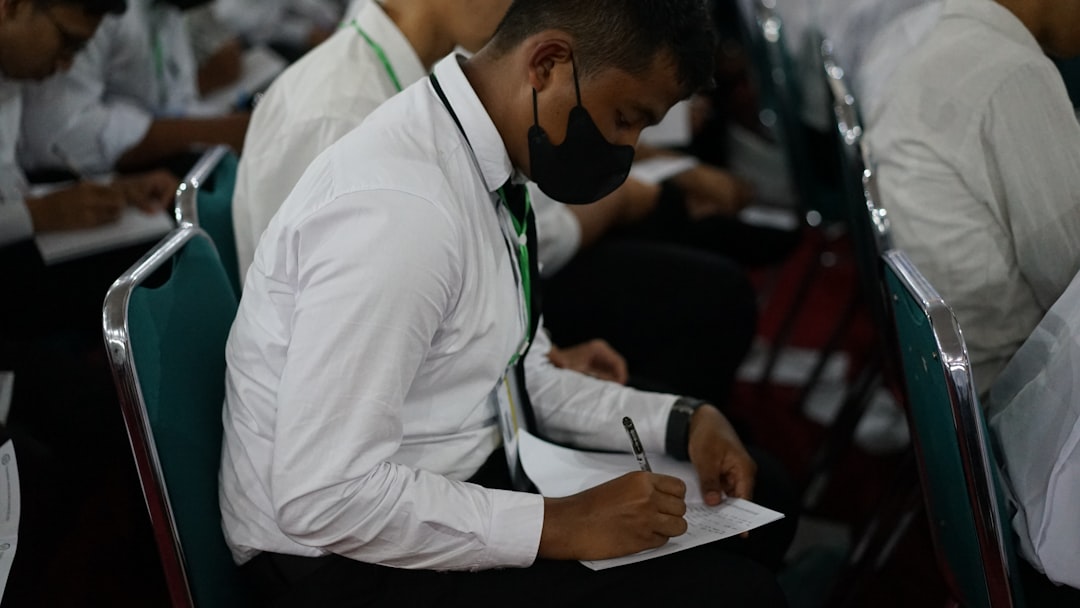Pneumonia is a serious lung infection that can affect individuals of all ages, making effective management crucial for recovery and prevention of complications. Understanding how to manage pneumonia involves a combination of medical treatment, supportive care, and lifestyle adjustments. This article explores key strategies in managing pneumonia to help patients navigate their recovery process.
The first step in effective pneumonia management is accurate diagnosis. Symptoms such as persistent cough, fever, shortness of breath, and chest pain should prompt a visit to a healthcare provider. Diagnosis typically involves a physical examination, chest X-rays, and possibly blood tests to confirm the presence of the infection. Once diagnosed, treatment options depend on the type and severity of pneumonia, as well as the patient’s overall health.
Antibiotics are commonly prescribed for bacterial pneumonia, which is the most prevalent form of the disease. It is vital to complete the full course of antibiotics even if symptoms improve before finishing the medication. This approach helps to eradicate the infection completely and prevents the development of antibiotic-resistant bacteria. For viral pneumonia, which antibiotics cannot treat, supportive care and antiviral medications may be recommended.
In addition to medication, supportive care plays a critical role in pneumonia management. Patients are advised to get plenty of rest to help their bodies fight the infection. Staying hydrated by drinking fluids is also essential, as it helps to loosen mucus in the lungs and prevent dehydration. Over-the-counter pain relievers may be used to alleviate fever and discomfort, but it is important to follow a healthcare provider’s advice regarding their use.
Breathing exercises and physiotherapy can be beneficial in improving lung function and clearing mucus. Engaging in light physical activity, as tolerated, can aid in recovery. For more comprehensive guidance on incorporating physiotherapy into pneumonia recovery, consult resources such as pneumonia management.
Preventing pneumonia is another crucial aspect of management. Vaccinations are recommended to protect against certain types of pneumonia, particularly for high-risk groups such as the elderly, young children, and individuals with chronic health conditions. Good hygiene practices, such as regular handwashing and avoiding close contact with sick individuals, can also reduce the risk of infection.
For those recovering from pneumonia, gradual return to daily activities is encouraged, but it is important to listen to the body and avoid overexertion. Regular follow-up appointments with healthcare providers help track recovery progress and address any ongoing symptoms or complications.
In summary, pneumonia management involves a combination of medical treatment, supportive care, and preventive measures. By understanding the importance of each aspect, patients can effectively manage their condition and reduce the risk of complications. For further information on managing pneumonia and improving recovery outcomes, you can visit this helpful resource.








